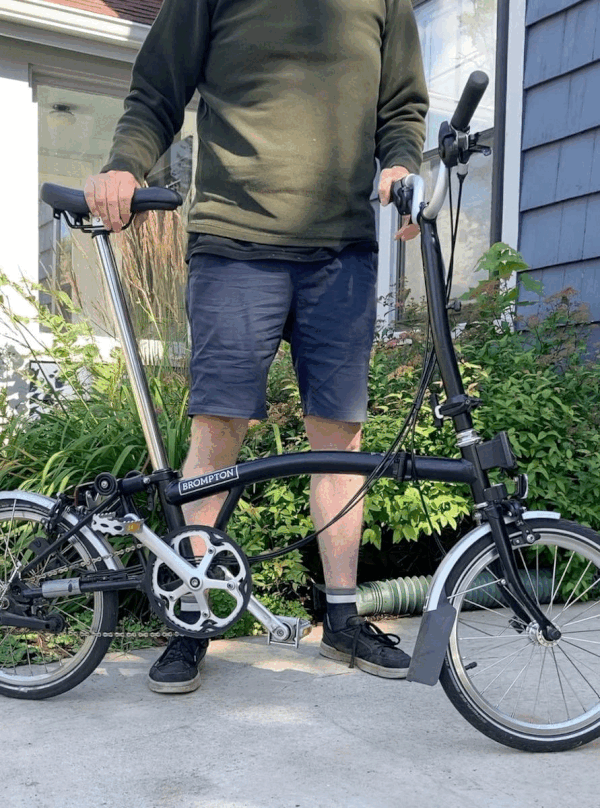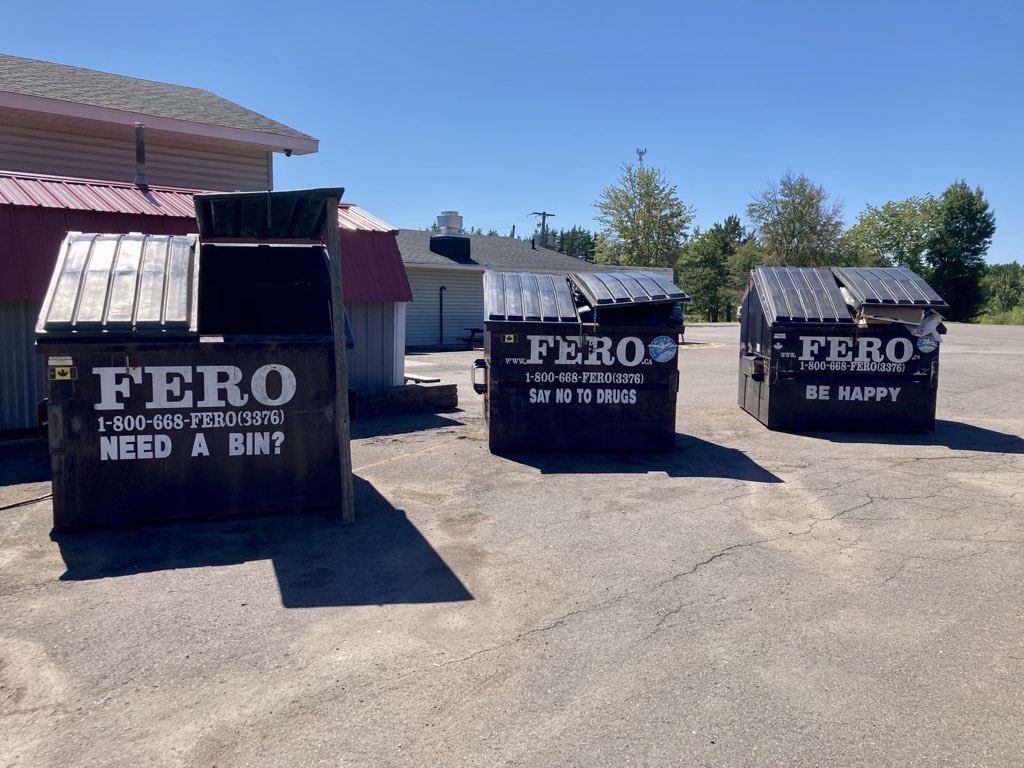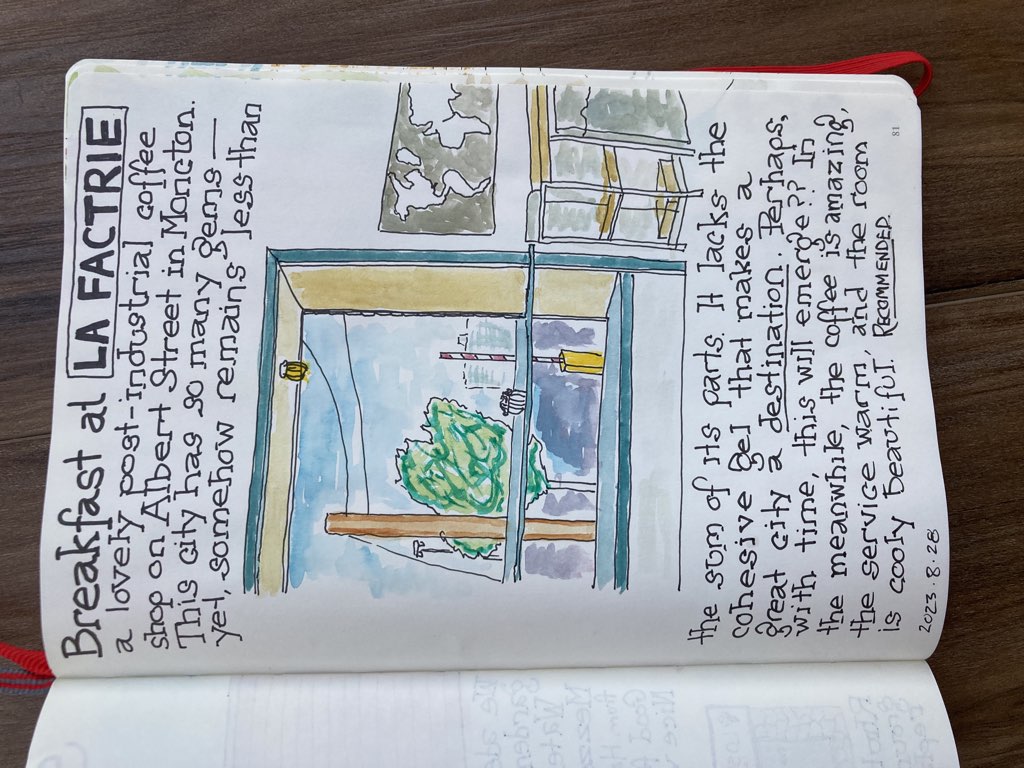Ian Petrie, one of the Island’s wisest thinkers on agriculture and land, takes a step back to look at the current zeitgeist, in Money, land and murky violation of the LPA in Island Farmer.
Both the Irvings and Bliss and Wisdom have access to almost unlimited capital, but their intent and goals are quite different. The Irvings were following a business pattern established by K.C. Irving almost a century ago. Buy land for its inherent investment value and use it to produce the raw materials to supply other Irving companies. Bliss and Wisdom bought land and built temples for worship and teaching facilities that have attracted thousands of novice monks and nuns, about 90 per cent from Taiwan.
The LPA — the Lands Protection Act — is a piece of legislation I know intimately from my days with L.M. Montgomery Land Trust: the lands on the Island’s north shore that the Trust seeks to preserve are as subject to the LPA as any other, and it quickly became apparent that it was an imperfect and blunt instrument for keeping land available for appropriate-scale agriculture. Smart bureaucratic elders who were around during its formulation characterized it to me as a temporary stop-gap, a finger in the dike until a richer and more well-thought-out solution could be found. But that richer solution has yet to arrive: the amount of political courage it takes to confront the centuries old land issues bred into the bone of this Island is something no administration has been able to muster.
Jonathan Fields interviewed Elizabeth Gilbert for The Good Life Project, and they touched on the irrationality of creative endeavours:
Fields: But can we take this a sort of like a level deeper though? Because, like, if. If somebody feels it that viscerally when they’re just talking about this thing, then why do so many and so many of us do? Why do so many of us then kind of say no? What is it in your mind?
Gilbert: You talk yourself out of it and you, I have to say. The reason you talk yourself out of it is because you get rational, and rationally, what you’re doing doesn’t make any sense. And there’s no argument that can ever hold up against that. Because you’re right, whatever the rational part of you is that says this doesn’t make any sense to do, this is absolutely right.
Fields: So the moment you start making the pro con list, it’s almost like you lose.
Gilbert: It’s absolutely, you’re absolutely right. Which is why you need to have a mystical or spiritual dimension underneath your creativity to combat the rational thought. Because the second that… I mean, I always say this because I always marvel at this… any act of pure creativity is the most irrational thing you can possibly do with your time. So you’re going to have an existential crisis because it doesn’t make any sense. Essentially what you’re doing. Like here, let me break it down for you what this guy is about to do. If he says “yes” to the thing that ignited him, he’s about to take the single most precious thing he possesses, which is his time. We’re mortal; we have a very short amount of time here. And how you spend that time matters and what you give it to has enormous consequence in your life.
We’re deeply aware of the ticking clock. So he’s going to take the one thing that can never be replaced, which is his hours and days and months of his short, mortal life. And he’s going to devote an enormous amount of energy and resources and power and trouble to creating something that nobody wants or needs, that nobody has asked him to do. It is a fundamentally really weird thing to do. So why would you in the world do that? And I guess it’s because when the moment that you do leave the party comes, you’re not going to be lying in your bed saying “Man, it was so short, my visit here on Earth, and why didn’t I do the thing that ignited me to life? ” Because that was actually the only thing. And the rest of it and all those rational ideas of stuff that was more important, I don’t even remember what that stuff is now. Why did I do that thing? Why did I do that thing I was called to do? I never want to be in that position.
I want to be in the position where I can say, “I did all that stuff.”
I said yes again and again and again to the irrational plan rather than the rational one.
I am not particularly motivated by the prospect of deathbed regrets — by that time, who cares, as I’m about to die. So it’s never been a great motivator.
But I am motivated by the notion that, as Gilbert says, “any act of pure creativity is the most irrational thing you can possibly do with your time.” Realizing that helps me unlock all manner of possible futures that are, on the pro-con list, completely indefensible.
Last summer I became the owner of a folding bicycle, a Brompton C-Line Explorer High Handlebar, ordered from Dutch Bikes in Burlington.
It’s simply a marvel of engineering: I love how it folds from a rideable bicycle into a package that will fit in an overhead compartment of an airplane. It is ingenious, and I love ingenious things.
Here’s an animated GIF I made, after going for a morning ride with Lisa over to Stratford and back, that shows the ingenuity in action:

FERO is a waste management company based in New Brunswick (the name, at least for marketing purposes, stands for Friendly, Efficient, Reliable and On-time). If you’ve hung out in the back allies of New Brunswick restaurants, you’ve likely seen their dumpsters, which, in addition to a large FERO and their toll-free number, are emblazoned with seemingly-random slogans.
Like this one, in the parking lot of the the Cranewood Bakery in Sackville:

(I love the “Tony’s Pastries Only” add-on: this is presumably a dumpster once used by Tony’s in Moncton).
This weekend I stumbled across the pinnacle of FERO slogans, behind McCready’s Irving in Coles Island, NB:

Need a bin? Say no to drugs. Be Happy. Poetry.
A decade-old CBC story tells the story of the approach:
Fero, which operates across the region, puts its name and phone number on each dumpster.
But it also leaves space for messages, such as: Never Give Up, Seize the Day, Don’t Do Drugs, Stay in School, Smile, Be Happy and Safety.
Andrew King, the company’s director of special projects, said the staff draw up the messages on a computer and then print each one onto decals.
The messages are added to the dumpsters when they are returned to the shop for repairs or a new paint job.
“If we can have an effect on somebody, somewhere, at some time, we thought that would be a great way to do it,” King said.
King said there’s no agenda underlying the messages or major commercial benefit to display them.
He said it’s just something that helps Fero — Be Happy.
Smile.
We had occasion to cancel Eastlink Internet service this month. And it took the entire month to do so.
There’s no way to cancel online.
There’s no way to email a request.
The Eastlink toll-free number regularly has hold times of an hour or longer (we don’t know how long it takes them to answer, as they never did, over repeated calls).
The online chat system has never displayed anything other than a wait time of 57 minutes.
What we ended up doing today—finally—is canceling by SMS.
To do this required texting the word “Tech” to the SMS support number (because texting “Billing” consistently returns an automated “SMS is currently closed”) and then, once an agent responds, tell them you want to cancel service and they’ll “transfer” you to Billing.
Once connected to Billing—it might take awhile—you will be asked for your PIN. If you don’t remember your PIN, or you don’t have one, you’ll need your account number and the amount of your last bill, to confirm your identity.
At that point, at least in our experience, it just takes a minute or two to complete the cancellation request.

 I am
I am